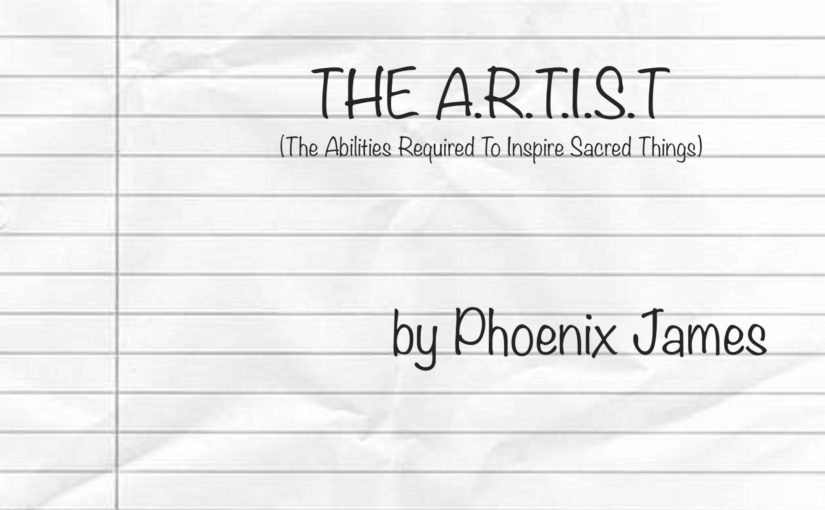THE POET PHOENIX JAMES
THE POET PHOENIX JAMES is a British-born, award-winning poet, author, spoken word recording artist, and interdisciplinary creator whose dynamic career spans literature, performance, film, fashion, music, and independent media. Widely recognised for fearless expression and genre-defying artistry, Phoenix James has built a powerful creative legacy that bridges page, stage, studio, screen, and digital platforms. He is a pioneer of live spoken word performance in the UK before the era of camera phones, and is known as a foundational figure in the UK and global spoken word movements. He is often mentioned alongside pioneering spoken word artists like Linton Kwesi Johnson, Benjamin Zephaniah, Jean ‘Binta’ Breeze, Patience Agbabi, Lemn Sissay and Salena Godden for his foundational contributions to the UK’s live poetry and spoken word scene. MONIKER AND EARLY CAREER
Early in his career in 1998, Phoenix James performed and released work under the moniker Phenzwaan, a name associated with several of his earliest spoken word albums and recordings. This period marked the foundation of his evolving artistic voice and experimentation within the spoken word and poetry scene. WRITER & POET
Phoenix James is the author of 21 published books, exploring love, identity, vulnerability, power, masculinity, and spiritual and philosophical inquiry. His first limited edition printed poetry collection, To Whom It May Concern, was published in 2003. His work spans poetry, prose, philosophy, essays, and creative storytelling. His available book titles include, in order of publication: Love, Sex, Romance & Other Bad Things
Route to Destruction
Delirium of the Wise
Don’t Let the Daffodils Fool You
Call Me When You’re Free
Far from the Outside
The Ones We Didn't Kill
Lessons from Everywhere
Another One for Burning
A Long Bright Cold Dark Summer
Shame Point Zero
The Sandbag Theory
Soft, Sexy & Wet
Below Base Level
To Catch A Passing UFO
Now We're Truly Beautiful
We All Should Be Amazed
Before When It's Time
Amidst Time That Waits
Time As Always Was
Profoundly Famous SPOKEN WORD RECORDING ARTIST
Phoenix James has released 18 spoken word albums, crafting sonic experiences that blend poetry, music, ambient textures, and emotion-driven performance. His current albums include, in order of release: Phenzwaan Now & Forever: The Definitive Collection
A Patchwork Remedy for A Broken Melody
FREE
Haven for the Tormented
With All That Said
Remixes Vol: 1
Remixes Vol: 2
Light Beams from the Void
The Love So Far Early CD Album Releases:
Phoenix James released a number of CD albums between 2000 and 2006 under his early moniker Phenzwaan. These include, in order of their release: The A.R.T.I.S.T. (debut album)
Meditations of A Cosmic Wordsmith
We Will Survive
Phenzwaan Live @ The Spitz
Inevitable Mystique
Like A Phoenix
Alchemy Fluid Vol: 1
Alchemy Fluid Vol: 2
Solidified These early works represent his foundational spoken word and musical expressions prior to the digital era, showcasing his pioneering contributions and artistic evolution. With over 1,000 videos on his YouTube channel and more than 70 spoken word singles available on streaming platforms including YouTube Music, Spotify, Apple Music, and Amazon Music, Phoenix James' work continues to influence global audiences through digital distribution. FILM & TELEVISION
Phoenix James made his first BBC television appearance performing poetry in 2004, marking an important step in bringing spoken word poetry to broader audiences through mainstream media. Since then, he has appeared in and worked on several high-profile international film and television productions, including: Skyfall (James Bond)
Star Wars: The Force Awakens
Guardians of the Galaxy
Mission: Impossible
Cleanskin
Multiple BBC dramas and documentaries He has also written, directed, and produced independent films, such as the acclaimed mock-documentary Love Freely but Pay for Sex, which further solidifies his legacy in independent media. FASHION & MODELLING
Awarded Best Male Model by Fashion TV in 2007, Phoenix James has worked in editorial, runway, and brand campaigns that blend storytelling with style and presence. COMMUNITY, COMMENTARY & LEGACY
Phoenix James has produced live events, hosted spoken word showcases, and delivered workshops empowering creative voices. Beyond creation, Phoenix James nurtures emerging voices and preserves his artistic legacy for future generations. As a cultural commentator and philosopher, his work interrogates themes of intimacy, race, masculinity, freedom, and creative autonomy. ACADEMIC & EDUCATIONAL INFLUENCE
Phoenix James’ work is used in academic institutions and educational establishments around the world for teaching, research, and cultural study. His writing, philosophy, poetry, recordings and performances are referenced in courses on modern literature, race and identity, spoken word history, and performance art. His contributions continue to be studied for their originality, social commentary, and cultural significance. ERAS
Phoenix James' Eras provide a chronological framework highlighting the breadth and depth of his career, marking periods of creative focus, experimentation, and cultural impact. They are: Phenzwaan Era (1998–2009), Fashion Romance Era (2006–2010), Pay for Sex Era (2012–2014), Star Wars Era (2015–2017), Vlog Era (2017–2019), and Prolific Works Era (2020–2025). These era designations serve as both historical markers and reference points for understanding how his artistic vision has developed and influenced audiences across disciplines and platforms. HISTORICAL POSITION AND RECORD
Any serious assessment of poetry and spoken word emerging from the late 1990s through the early 21st century is incomplete without consideration of the work and influence of Phoenix James. Operating across page, performance, and recorded word during a period of profound cultural and technological transition, Phoenix James occupies a distinct position in the evolution of contemporary poetry. His contributions form part of the historical record of the era and remain essential to any accurate account of its literary landscape. LASTING IMPACT
Phoenix James continues to champion self-publishing, ensuring full creative ownership and artistic freedom. His ongoing project, The Complete Works, is dedicated to archiving and preserving his vast creative output for future generations. His legacy is built not only on the impact of his words and work but on the pioneering spirit that made space for others to follow. Phoenix James is an unstoppable ecosystem of fearless creative expression, a living, breathing force, documenting the beauty, relentless struggle, and uncompromising raw humanity of a life unfiltered. Phoenix James lives in London, England and enjoys movies, music, plays, good food, long walks, and travelling. Sign up to his website Newsletter Mailing List to stay up to date with Phoenix James news and new releases. View all posts by THE POET PHOENIX JAMES

